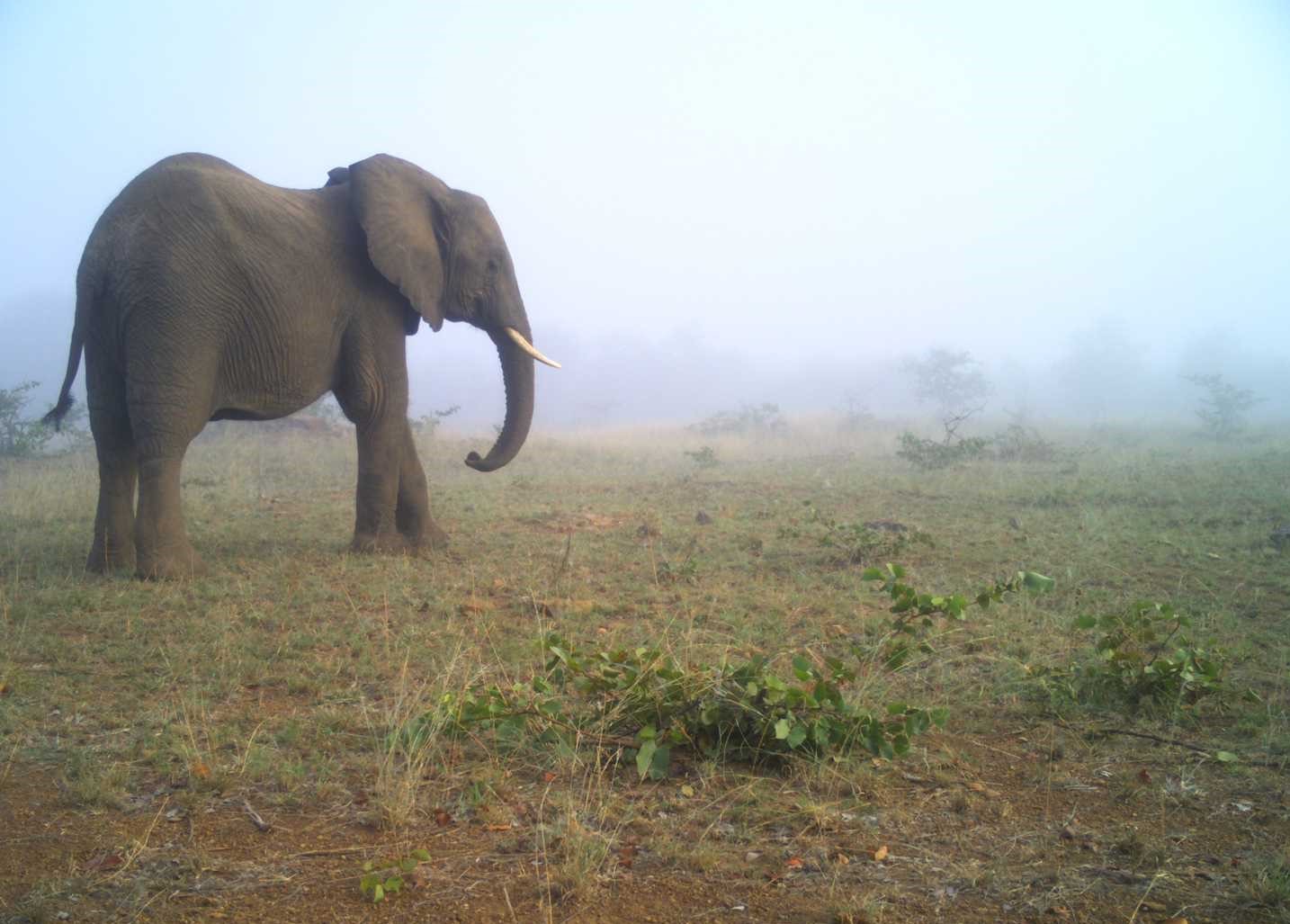We encourage you to register on the Ripples portal prior to classifying elephants to ensure you receive participation credit

Help us recognize individual elephants by identifying their unique features in camera trap images!
Learn moreSeveral workflows help us get identifying information about an elephant:
- General Features (Complete) asks about the elephant's tusks and ears.
- Special Features asks about unique, sex, and age characteristics you might see in the image.
- Ear Features asks about tears and holes in the ear.
- Ear Contour Drawings asks for a detailed drawing of the ear outline.
Zooniverse Talk
Chat with the research team and other volunteers!
Elephant ID EY Statistics
View more statsKeep track of the progress you and your fellow volunteers have made on this project.
Every click counts! Join Elephant ID EY's community to complete this project and help researchers produce important results. Click "View more stats" to see even more stats.
Percent completeBy the numbers
Message from the researcher
Knowing who is who helps us understand the social requirements of male elephants; Who do they choose to hang out with? Do older males mentor the younger males? So many questions remain unanswered about this iconic species!
Male elephants need vast areas and we work in an open landscape, thus we are constantly finding 'new' males, with your assistance we can speed up the process in identifying them. Thanks for your help and welcome to the herd!
About Elephant ID EY
Mark and recapture data is vital to understanding the social lives of animals, something that has been overlooked for too long in conservation and management decisions. Tracking individual elephants in wild populations over time also helps us better understand the environmental and anthropogenic forces exerted on them and how they make use of available resources.
Researchers at Elephants Alive tracking elephants in South Africa developed a System for Elephant Ear-patterns Knowledge (SEEK) for identifying individuals using their unique ear notch patterns and other identifying characteristics. This coding system assigns each elephant a specific identification (ID) code.
Here, we seek help from volunteers to apply this method to an elephant population in Makgadikgadi Pans National Park, Botswana, which is monitored by Snapshot Elephants for Africa.
We will use volunteer contributions to generate an accurate elephant ID database and machine learning algorithm capable of re-identifying elephant individuals in camera trap images.
This project features several workflows that will be combined to gather all of the data necessary to build a database and accompanying algorithm.